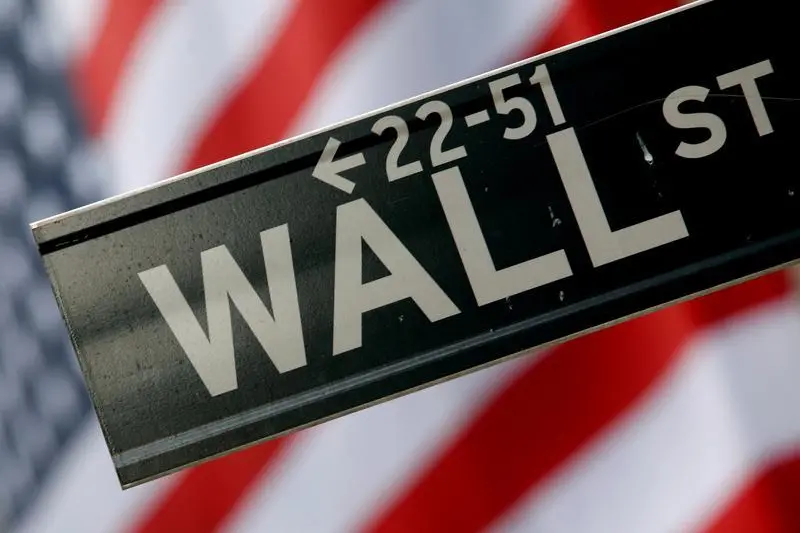PHOTO
NEW YORK - Banks betting on markets with their own money didn’t cause the last financial crisis. A tweak to the rules on so-called proprietary trading is unlikely to cause the next one. But the changes to the Volcker Rule, approved by two watchdogs on Tuesday after years of lobbying from Wall Street, suggest financial firms are no longer in the sin bin. It’s up to them to prove that confidence is deserved.
Implemented in 2013, the Volcker Rule was worthy but flawed from the outset. Its intent was to ban prop trading by any firms with federally insured deposits that could conceivably require a bailout if they went belly-up. But such activity is often impossible to distinguish from other things banks do for their clients. The result was a tome of around 1,000 pages that lenders and traders felt was painfully complex, regulators found burdensome, and Wall Street detractors saw as excessively watered down.
Prop trading remains banned, but the burden of proving a trade is for clients has been reduced. Smaller banks will be less heavily monitored, and the presumption that trades held for fewer than 60 days are suspect has been scrapped. But other post-crisis rules still force lenders to hold capital against risky trades, making them less profitable. Besides which, regulators have other tools to try to prevent banks from taking outsized risks, and to help ensure that they are solid enough to survive if they do.
So who benefits from the reduction in red tape? The five regulators who oversee it, for sure. Banks may be able to reduce their compliance costs, making trading a little more profitable if not more voluminous. But it’s unlikely trading revenue at big firms will balloon. For Citigroup, Goldman Sachs, Morgan Stanley, Bank of America and JPMorgan , market-based income is in aggregate around one-fifth of what they make in total, the same as before the rule came into force.
There are losers, not least anyone who thinks banks haven’t been punished enough for their role in the financial crisis. There is, of course, always the risk that banks become too complacent about the riskiness of various assets they park on their balance sheets, whatever the rationale behind doing so. But they have good reason to avoid the perception of a profit-boosting giveaway - at least if they want regulatory rollbacks to continue.
CONTEXT NEWS
- Two U.S. regulators approved changes to trading rules for financial firms on Aug. 20, tweaking the so-called Volcker Rule that prohibits lenders from betting on markets with their own money.
- The changes passed by the Office of the Comptroller of the Currency and the Federal Deposit Insurance Corporation were first proposed in May 2018. This followed years of lobbying by banks which argued the rules, enacted in the 2010 Dodd-Frank legislation and put into effect in 2013, were too complex.
- Banks will no longer face the presumption that any security held for less than 60 days is counter to the rules on proprietary trading unless proven otherwise. Compliance requirements will also be varied according to the size of an institution’s trading assets and liabilities.
- The rule will become effective on Jan. 1, 2020 if approved by the other three regulators who implement the Volcker Rule – namely the Federal Reserve, Securities and Exchange Commission and the Commodities Futures Trading Commission. Banks will then have one year to comply.
(Editing by Antony Currie and Amanda Gomez)
© Reuters News 2019





















